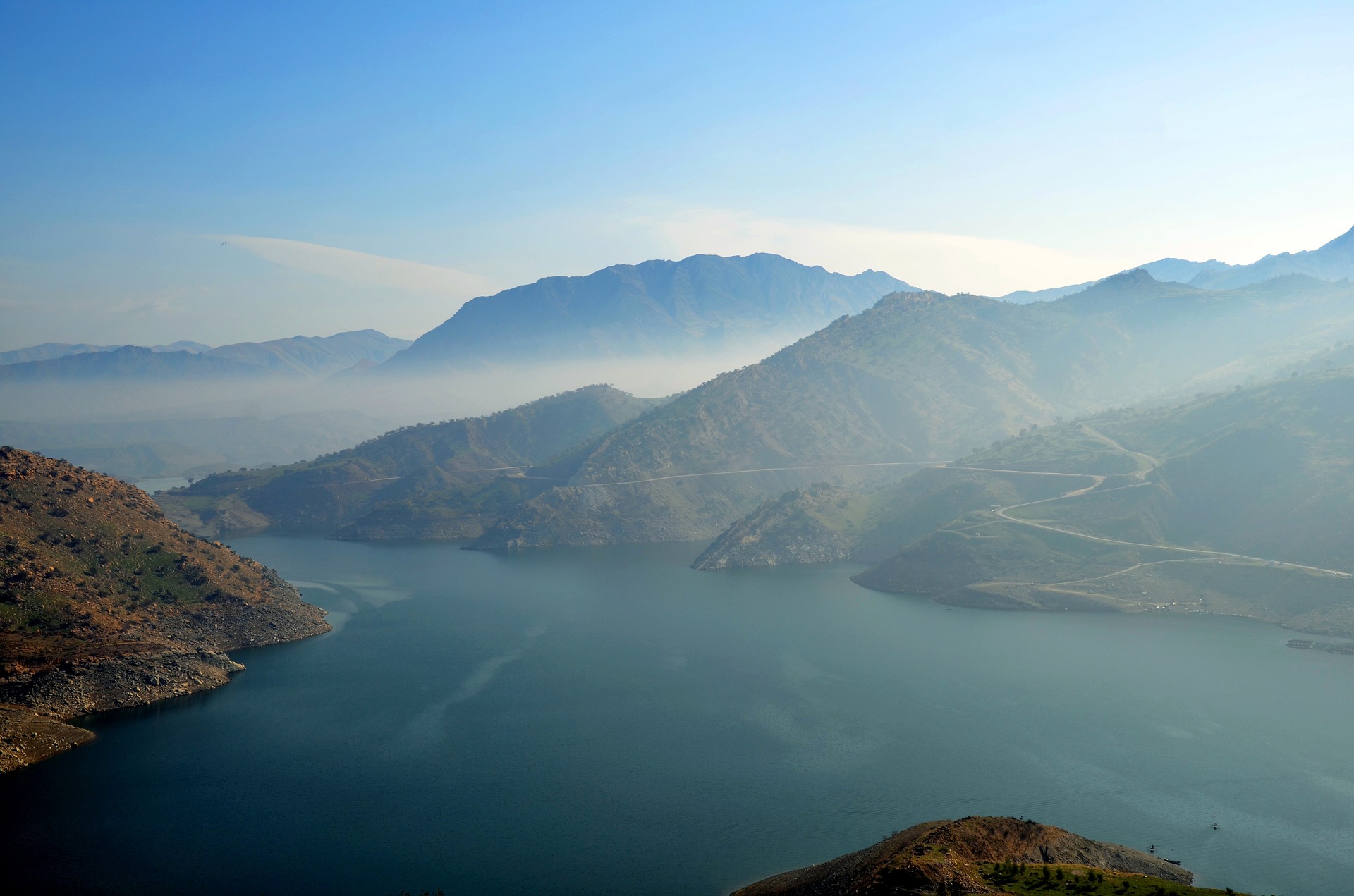Post by: Katrina Sumner

In January 2021, eleven survivors of the Yezidi genocide in Iraq committed suicide within ten days. Unfortunately, this is not a new phenomenon since around 250 Yezidis, mostly women, took their own lives last year.
In 2014, ISIS killed thousands of members of this community leaving them displaced in refugee camps and traumatized. Many women and girls were the victims of rape and sexual slavery. Thousands of men were killed and many young boys were forced to join ISIS and to kill innocent victims. Life after genocide and processing these traumatic experiences has provoked a mental health crisis. Adding to the grief, about two months ago, a United Nations team of investigators located over 200 mass graves containing the bodies of around 12,000 people including Yezidis. More than six years after their deaths, families will now begin to receive the remains of their loved ones who were murdered during the atrocities. While being able to lay their family members to rest with dignity may bring some measure of peace, for some, this may also add to the pain and trauma they are already experiencing.
The plight of the Yezidi refugees is not unlike the experience of millions of internally displaced persons living in camps all around the world. The murder of loved ones, the destruction of their community, impoverished conditions, and pandemic restrictions only add to the psychological strain. To make matters worse, in October 2020, the Iraqi government announced the closure of various camps and plans to close the remaining locations nationwide. Closing the camps before people have a home to go to will only exacerbate the problem. Current closures have left people displaced a second time. Psychologists and aid groups are calling on the government of Iraq to develop a national strategy to provide the psychological support needed to prevent the suicides of these survivors of genocide.
Like so many internally displaced persons throughout the world, the plight of the Yezidis speaks to the need not only for restitution and restoration for victims, but for the opportunity to resettle and to be permitted to rebuild their lives and their communities in safety.
This post was written by a Center for Global Justice Student Staff member. The views expressed in this post do not necessarily reflect those of Regent University, Regent Law School, or the Center for Global Justice.

